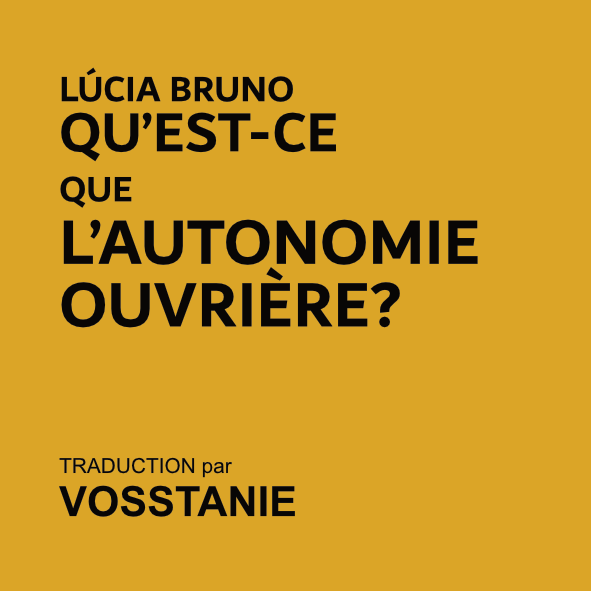We are not just bodies that exist in assigned identities such as race, class, gender, ability, and the rest of the usual laundry list. We are also political subjects in a society ruled by politicians, judges, police, and bureaucrats of all manner.
Here are some extracts of the text
Insurrections at the intersections: feminism, intersectionality and anarchism
by Abbey Volcano and J Rogue
Read it completely online on LIBCOM here
In response to various U.S. feminisms and feminist organizing efforts, the Combahee River Collective, an organization of black lesbian socialist-feminists, wrote a statement that became the midwife of intersectionality.
Rather than being conceptualized as an additive model, intersectionality offers us a lens through which to view race, class, gender, sexuality, etc. as mutually-constituting processes (that is, these categories do not exist independently from one another; rather, they mutually reinforce one another) and social relations that materially play out in people’s everyday lives in complex ways.
Intersectionality has been, and often still is, centered on identity.
For instance, it is put forward that we all have a race, a gender, and a class. Since everyone experiences these identities differently, many theorists writing on intersectionality have referred to something called “classism” to complement racism and sexism.
This can lead to the gravely confused notion that class oppression needs to be rectified by rich people treating poor people “nicer” while still maintaining class society.
We don’t wish to “get along” under capitalism by abolishing snobbery and class elitism. Rather, we wish to overthrow capitalism and end class society all together.
We want an end to class society, not a society where classes “respect” each other. It is impossible to eradicate exploitation while class society still exists. To end exploitation we must also end class society (and all other institutionalized hierarchies).
Rather, as anarchists, we call for an end to all exploitation and oppression and this includes an end to class society.
These systems also reproduce one another. White supremacy is sexualized and gendered, heteronormativity is racialized and classed. Oppressive and exploitative institutions and structures are tightly woven together and hold one another up.
What is more useful to us as anarchists is using intersectionality to understand how the daily lives of people can be used to talk about the ways in which structures and institutions intersect and interact.
Unfortunately, a liberal interpretation of intersectionality precludes this kind of institutional analysis, so while we might borrow from intersectionality, we also need to critique it from a distinctly anarchist perspective.
While all these points of struggle are relevant, it is also true that people raised in the United States, socialized in a deeply self-centered culture, have a tendency to focus on the oppression and repression of individuals, oftentimes to the detriment of a broader, more systemic perspective
We are not just bodies that exist in assigned identities such as race, class, gender, ability, and the rest of the usual laundry list. We are also political subjects in a society ruled by politicians, judges, police, and bureaucrats of all manner.
Reproductive justice advocates have argued for an intersectional approach to these issues, and an anarchist feminist analysis of reproductive freedom could benefit by utilizing an anarchist intersectional analysis.
Catégories :Féminisme / Pro-féminisme, Pro-féminisme, Texte




